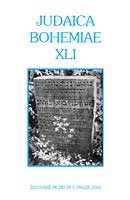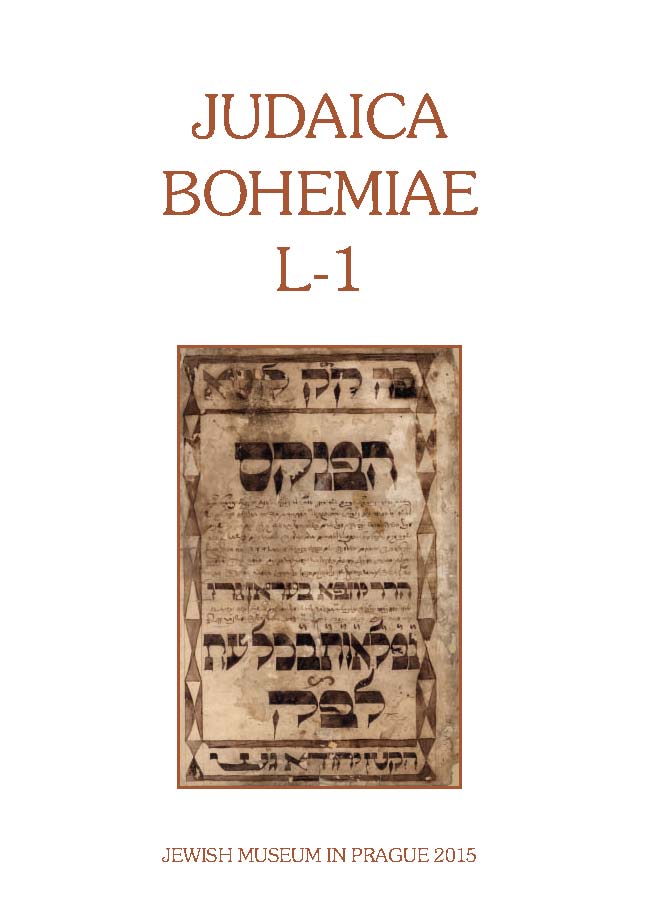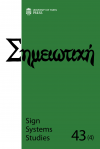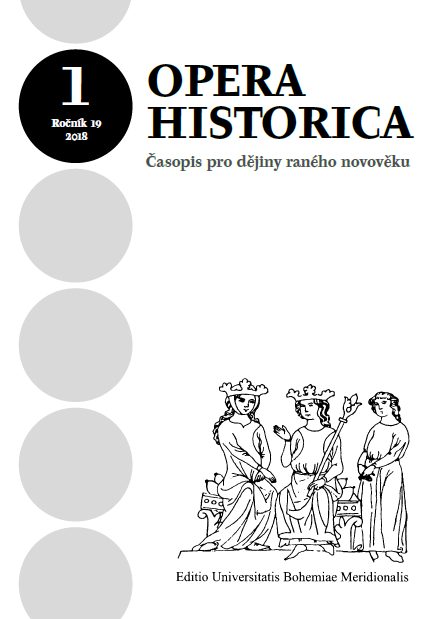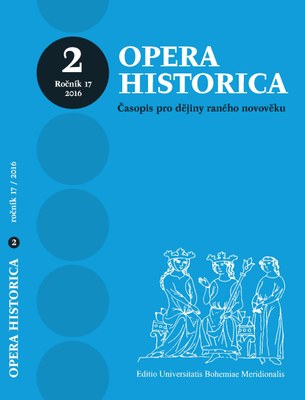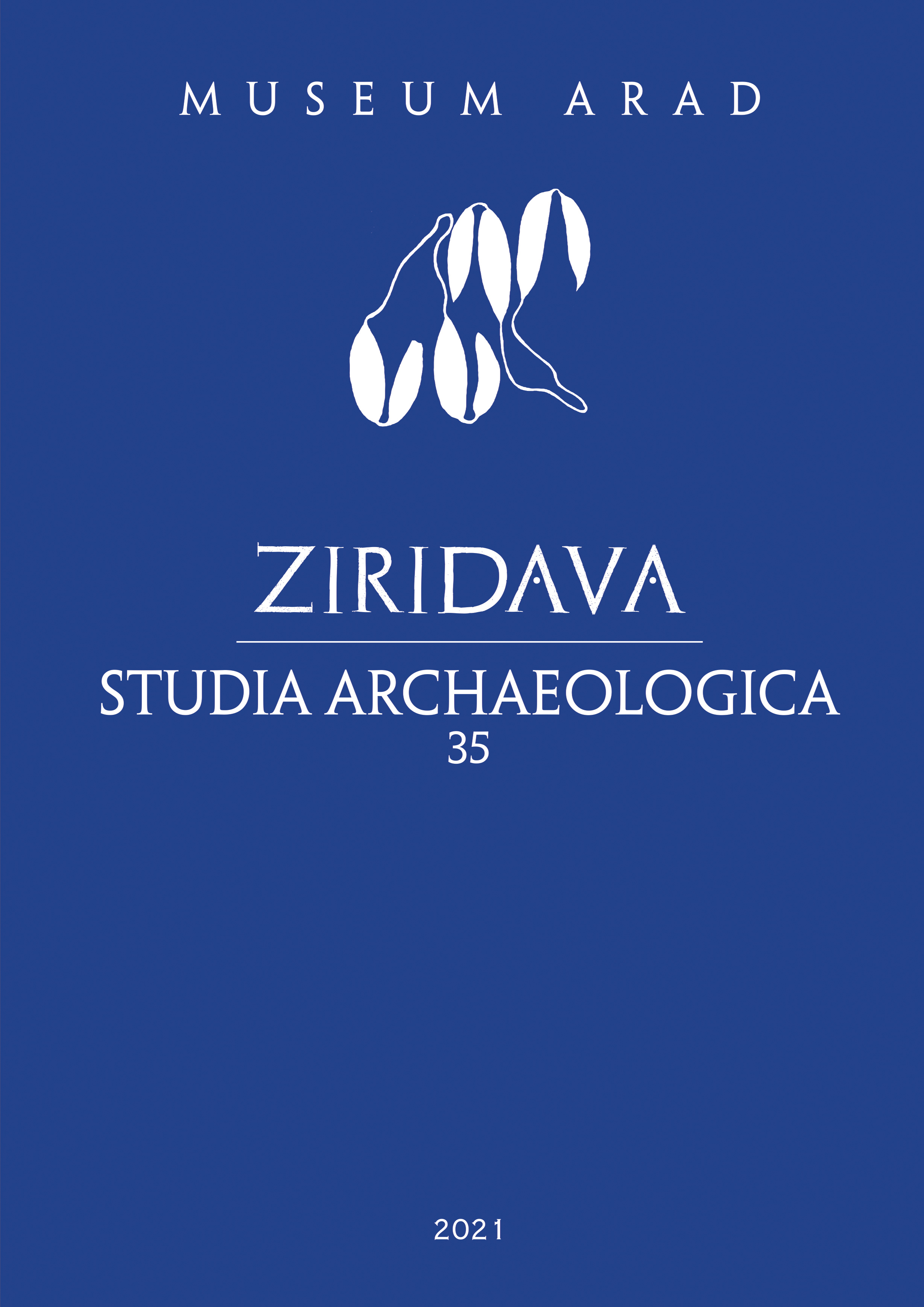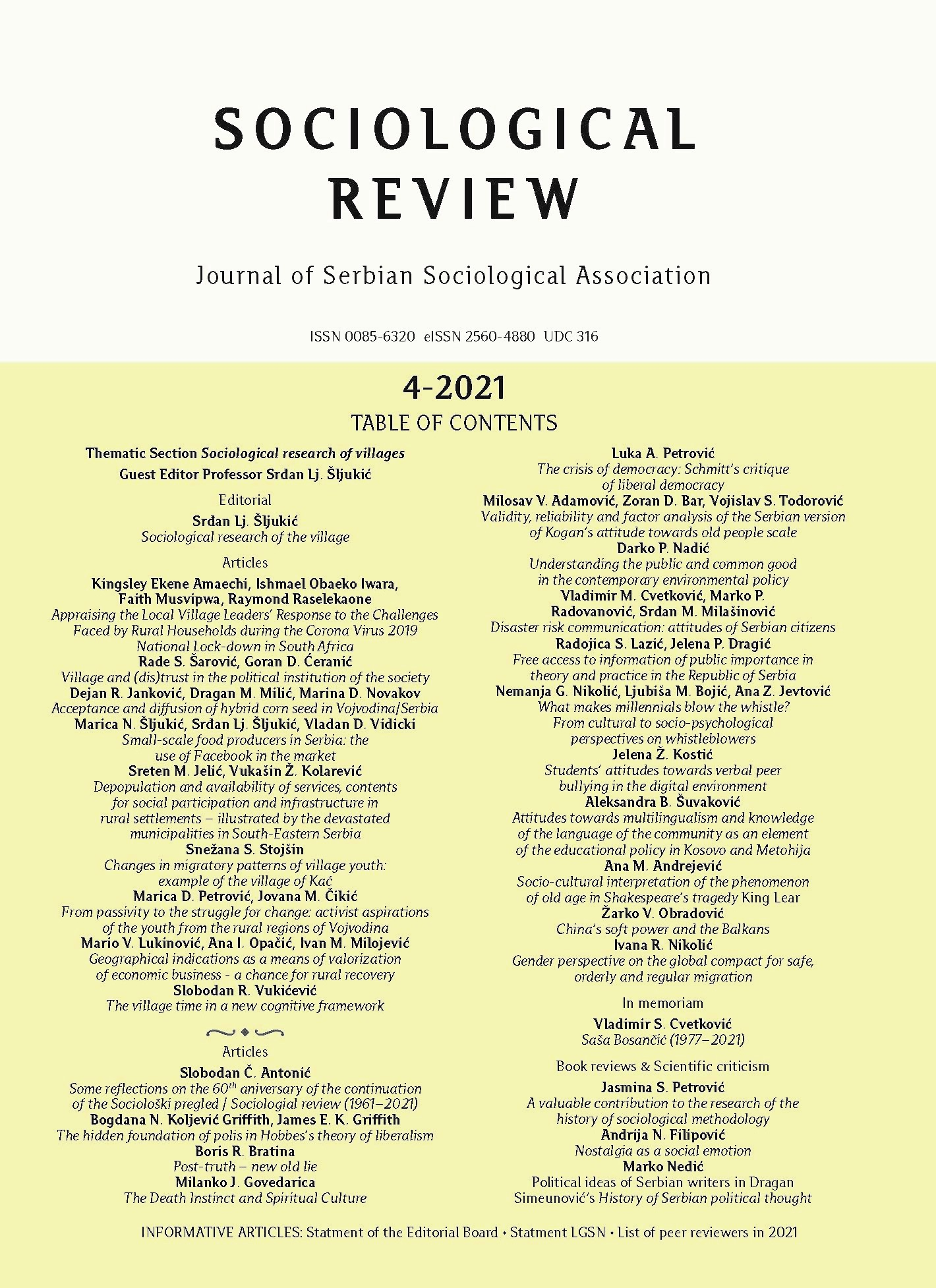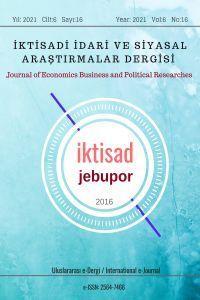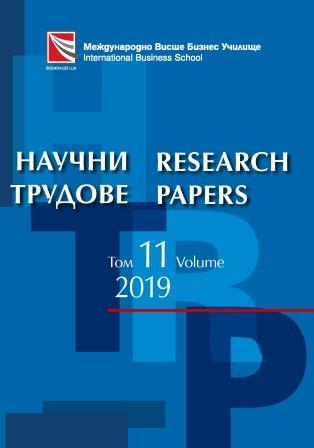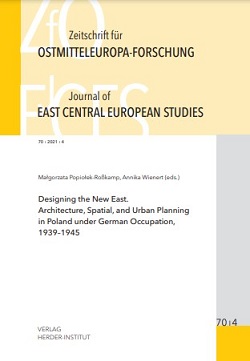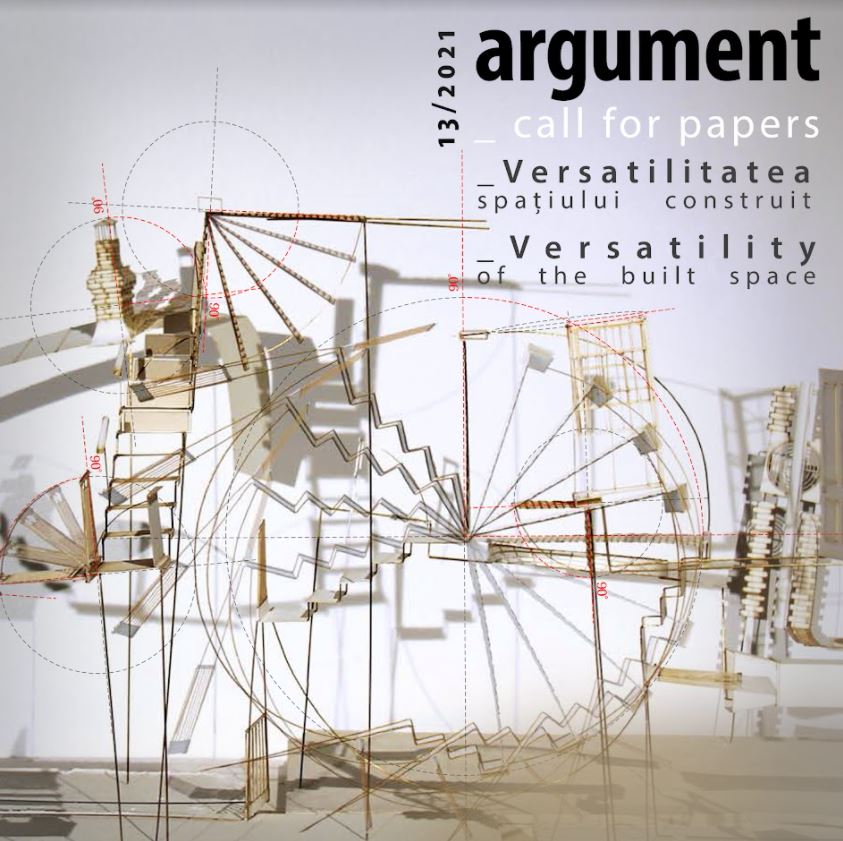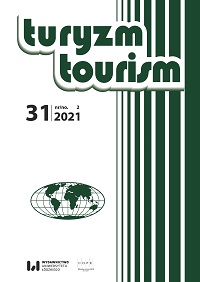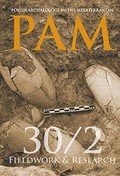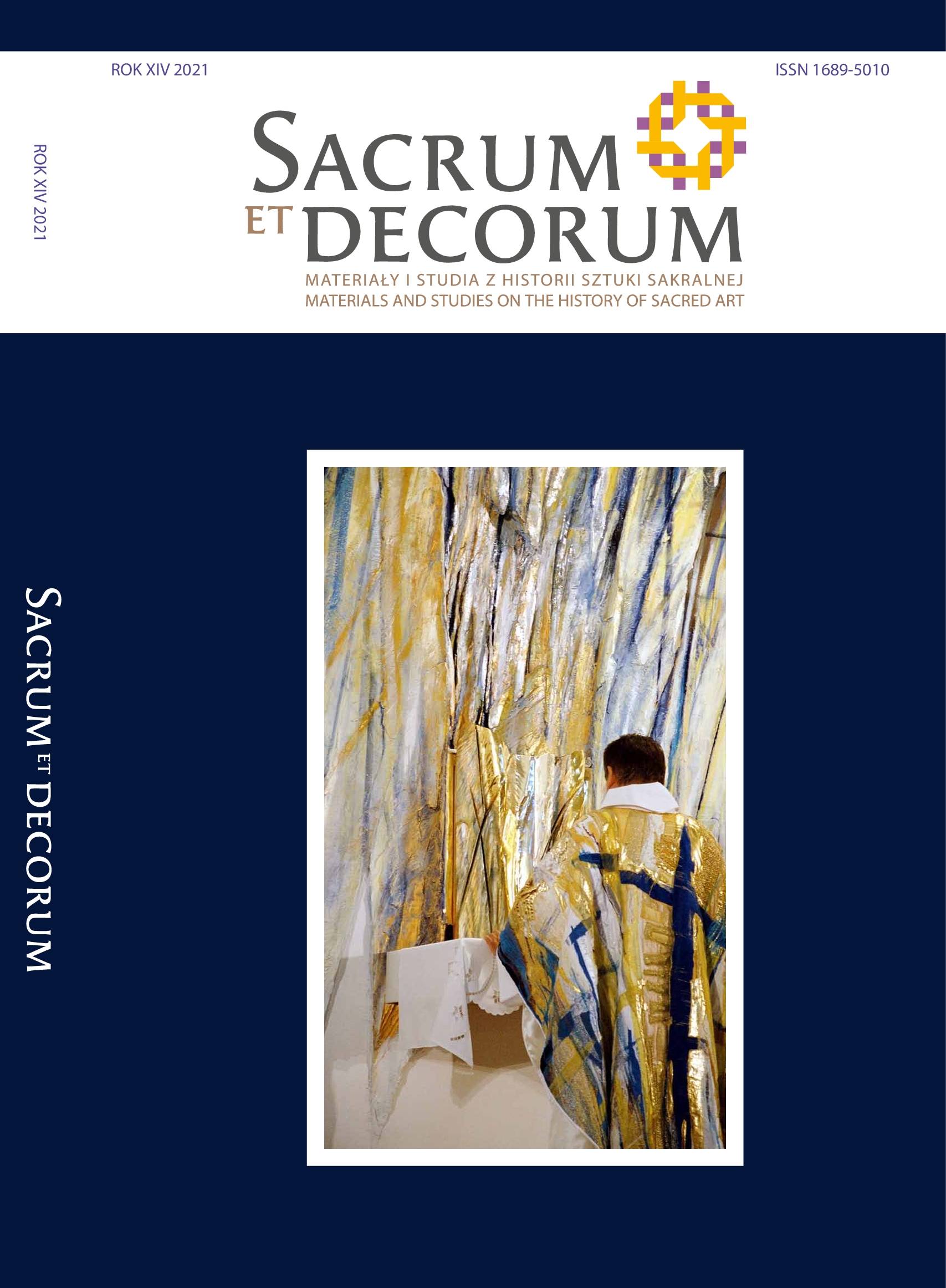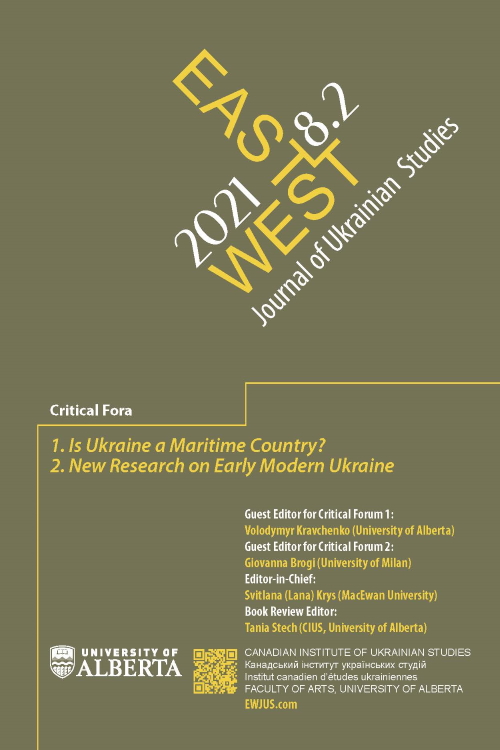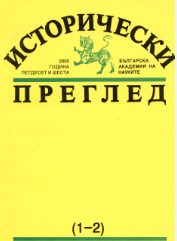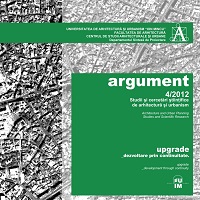THE ACADEMIC CAREER OF THE HISTORIAN AND
ARCHIVIST BERTOLD BRETHOLZ
Author(s): Zdeňka Stoklásková / Language(s): English
/ Issue: 1/2015
Keywords: Bertold Bretholz; Evangelical Church of the Augsburg Confession; First Czechoslovak Republic;Chronica Boemorum (Chronicle of the Bohemians); Monumenta Germaniae Historica
This study is an attempt to get closer to the inherently contradictory personality of the historian and archivist Bertold Bretholz. His conversion to the Evangelical
Church of the Augsburg Confession was probably motivated by the prospect of a position in the civil service or an academic post, but did not involve breaking off his family ties; his professional contacts were not influenced by his conversion.
Another question, of course, is the concealed antisemitism of some of his colleagues, which not even Bretholz’s conversion could change. The Jewish culture, however, still meant very much to Bretholz and was to become his only field of research at the end of his life. A considerable change in Bretholz’s life came about with the founding of the First Czechoslovak Republic. Bretholz was known as a German nationalist, particularly as a result of his ‘continual theory’ of the settlement of the Bohemian lands by the German population. It should be said, however, that Bretholz viewed himself as a person who had not animosity towards other nations;his pacifist sentiment is indisputable. Many a personality can be viewed through their ‘second life’, i.e. through an imaginary perception of the life and work of a deceased person. Given the current state of research, it is not yet possible to write the second life of Bertold Bretholz. This fascinating person has fallen into oblivion, even though his work, with the exception of his ‘continual theory’, is still cited. His edition of Chronica Boemorum (Chronicle of the Bohemians), which he prepared for the Monumenta Germaniae Historica, has remained unsurpassed. The reason why Bertold Bretholz has been forgotten can be found in the historical developments: post-war Czech-language historiography had no motivation to do research into a German historian from Moravia, as was the case with German historiography in other countries, for which
Bretholz was only a foreign person of only provincial importance. To Sudeten German circles in Germany and Austria, a Jewish historian was not a suitable topic of research. This historical approach, which is logical from a long-term perspective, only serves to demonstrate the new perspective on the perception of nationality, religion, politics and culture after the Second World War and ultimately confirms Bretholz’s yearning for the old Austrian multinational world, for which there was no room in the post-war arrangement of the world.
More...
